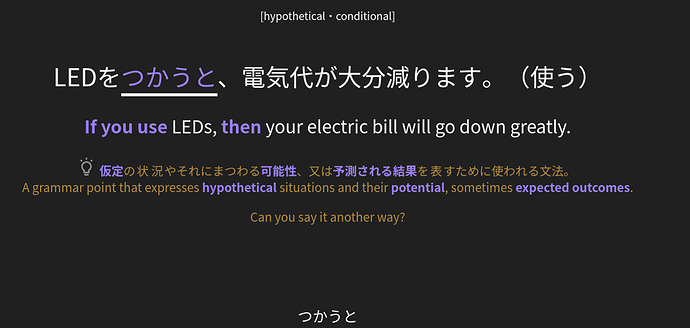I feel like that would be fine for someone who doesn’t know the other grammar point (ならない in this case), but it would frustrate someone who does know it because you can have a few interpretations from this one sentence and either of these answers are potentially correct.
The only way to force it into one or the other is to provide context, which BunPro sometimes does (not in this case, of course).

